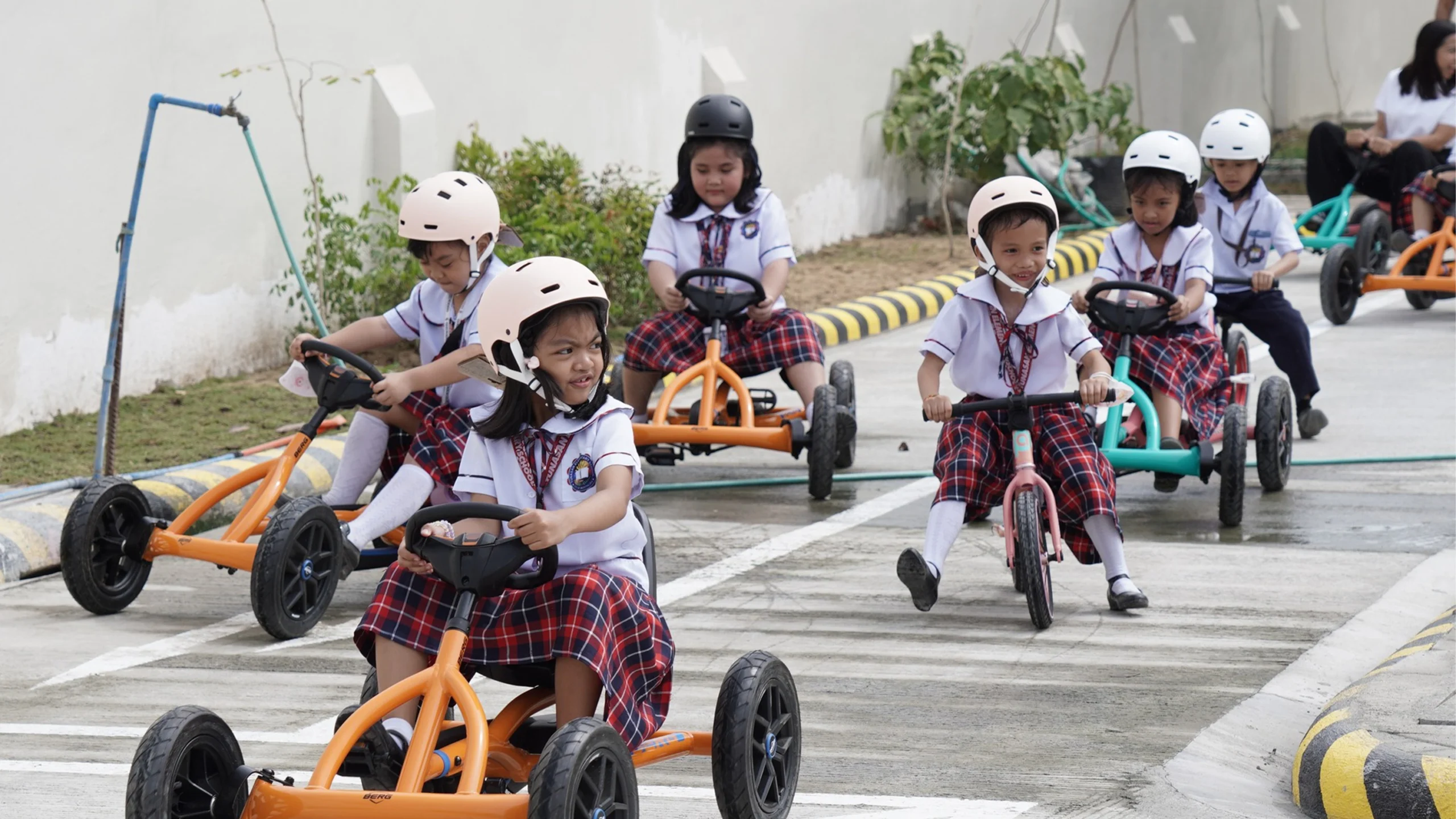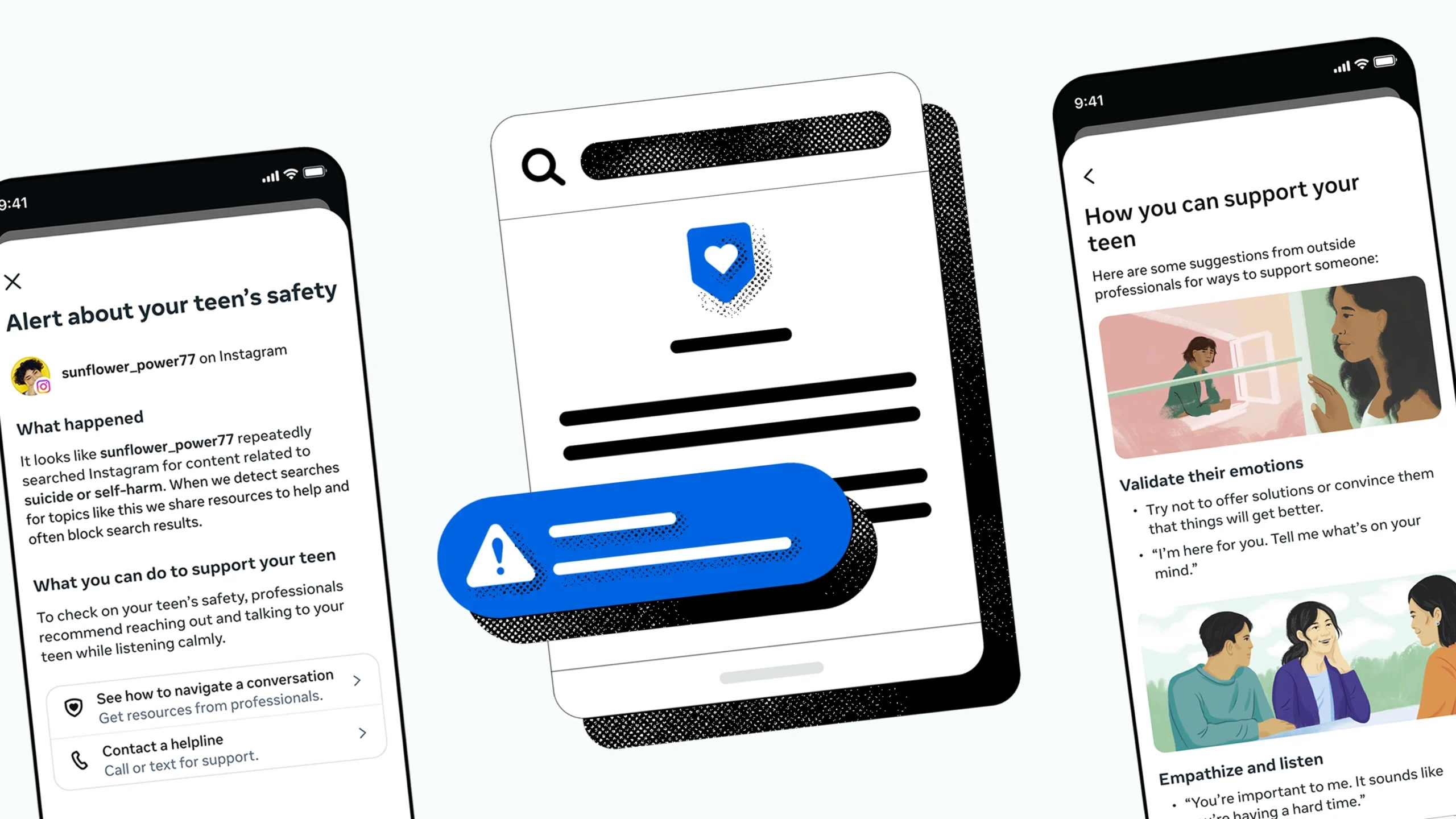Speaking English: Why Kids Bully Others Over This
Why do kids bully other kids for speaking English? Here’s the breakdown.
Many Filipinos see English as the language of the higher class. They see it as the language of those who had the money to send their kids to good schools. Unfortunately, it’s this kind of premise that can trigger feelings of insecurity, unworthiness, and jealousy. It also doesn’t help that many of those who came from these schools see Filipino as a language of the “masses”.

Where Do Kids Develop This Insecurity
Sometimes, kids develop this insecurity from us. But it also comes from them when they find themselves unable to understand. The frustration boils and in fear of being wrong or shamed, they instead shame the other child for speaking English. Soon, the other kids join in via group think to protect themselves from being bullied even though they might even speak English better than the victim.
Mixing Filipino and English: The Rise of Taglish
But a lot of us admit that there are just some terms Filipino can’t be translated to English and vice-versa. Thus, to make up for the lack of vocabulary in both languages, we tend to mix them. It’s okay to do so casually but there are some from the academe and older generations who frown on those who mix their languages. To them, it’s a form of a “lack of eloquence and intelligence”.

Filipino Mentality: “Ayaw Magpatalo”
Nobody likes feeling bad about themselves. All the more Filipinos when shame or hiya is in our core values. Many then adopt the “crab mentality” to cope with the stress of feeling “lesser” or “inferior”. They then proceed to “smart-shame”, making them appear seemingly forever unhappy no matter what kind of good the person does. It’s not that they hate the person. They hate how that person makes them feel because the mere sight of them makes them identify that the standards they’ve set for themselves are “mediocre”.
And what’s the first marker that defines these people can possibly be better than them? Being completely bilingual—capable of speaking both straight and fluent Filipino and English.
Why not choose to learn how to speak English?
Our national language is Filipino so it would make more sense to learn it. But as the Philippines opens to more foreigners, we find ourselves needing to speak more English. However, some Filipinos find themselves in the butt of jokes when their accent interferes with their ability to speak English. It may be a good laugh but it hurts. So sometimes, it’s better to let those nuances slip by rather than openly calling out someone’s mispronunciation.

But that’s no excuse to bully or ostracize kids!
Bullying, no matter how one looks at it, is wrong. We always preach how bullying is bad yet when it comes to the event, our biases quickly take over as a response. While some of us have learned to thicken our skin about jokes like that, this also means that we have to be more open with teaching kids how to deal with feeling “mediocre” and “inferior”. And this is by opening their minds to learning.
More strange Filipino toxic behaviors:
How Utang ng Loob Made Filipino Families Toxic
Gaslighting: What It is and How Parents Can Avoid It
Understanding Kids and Bullying: A Bias Gone Wrong









